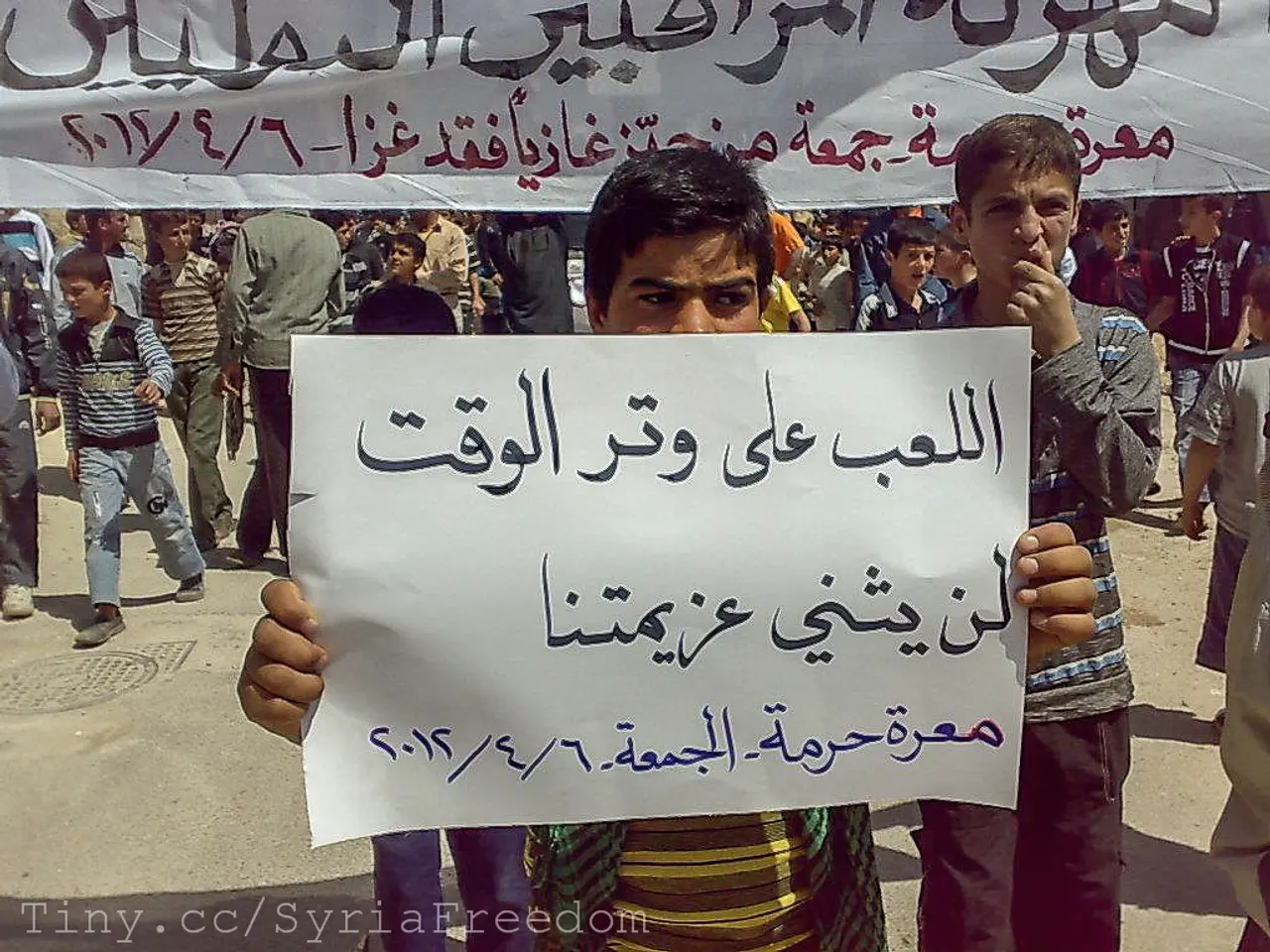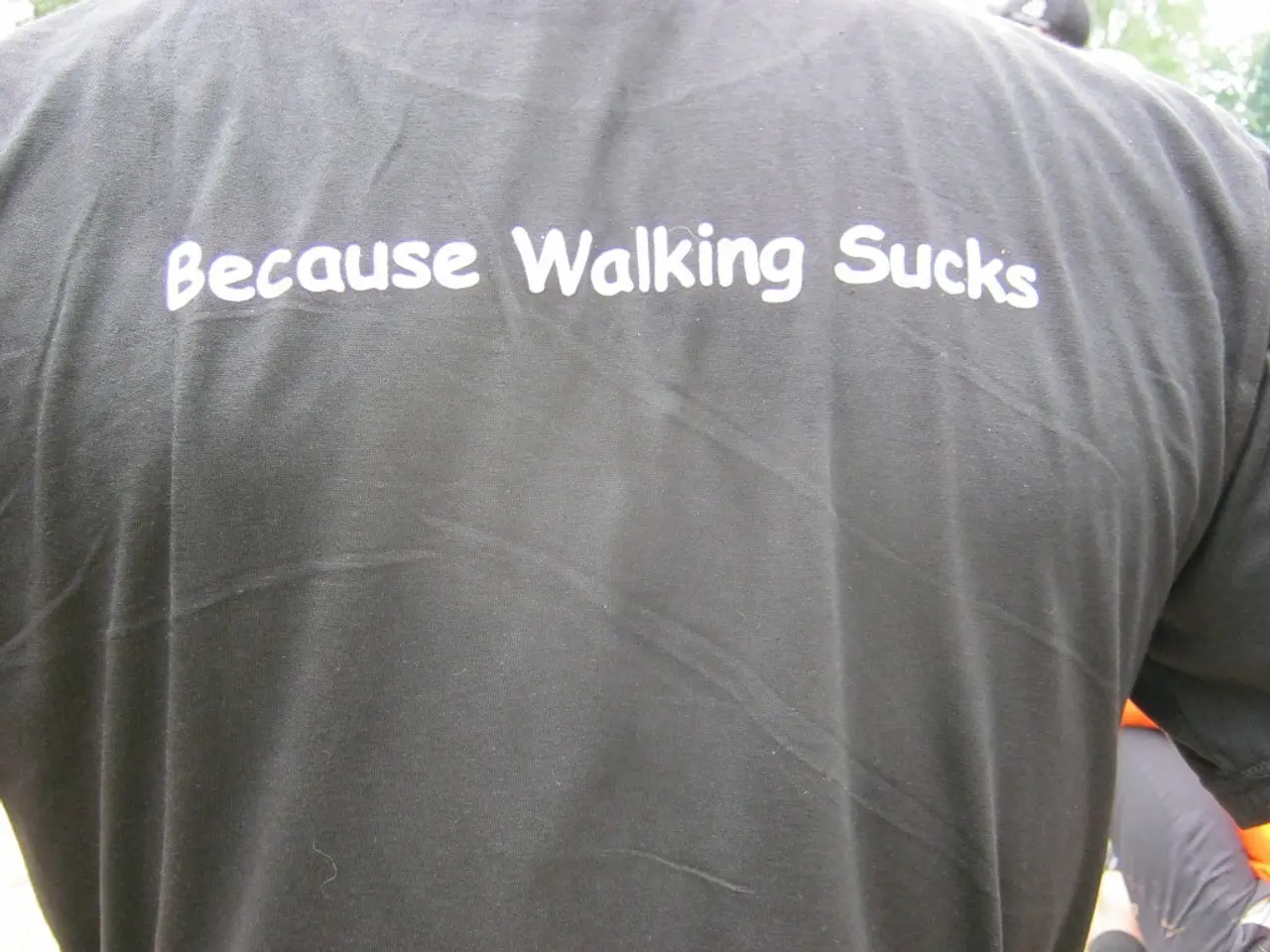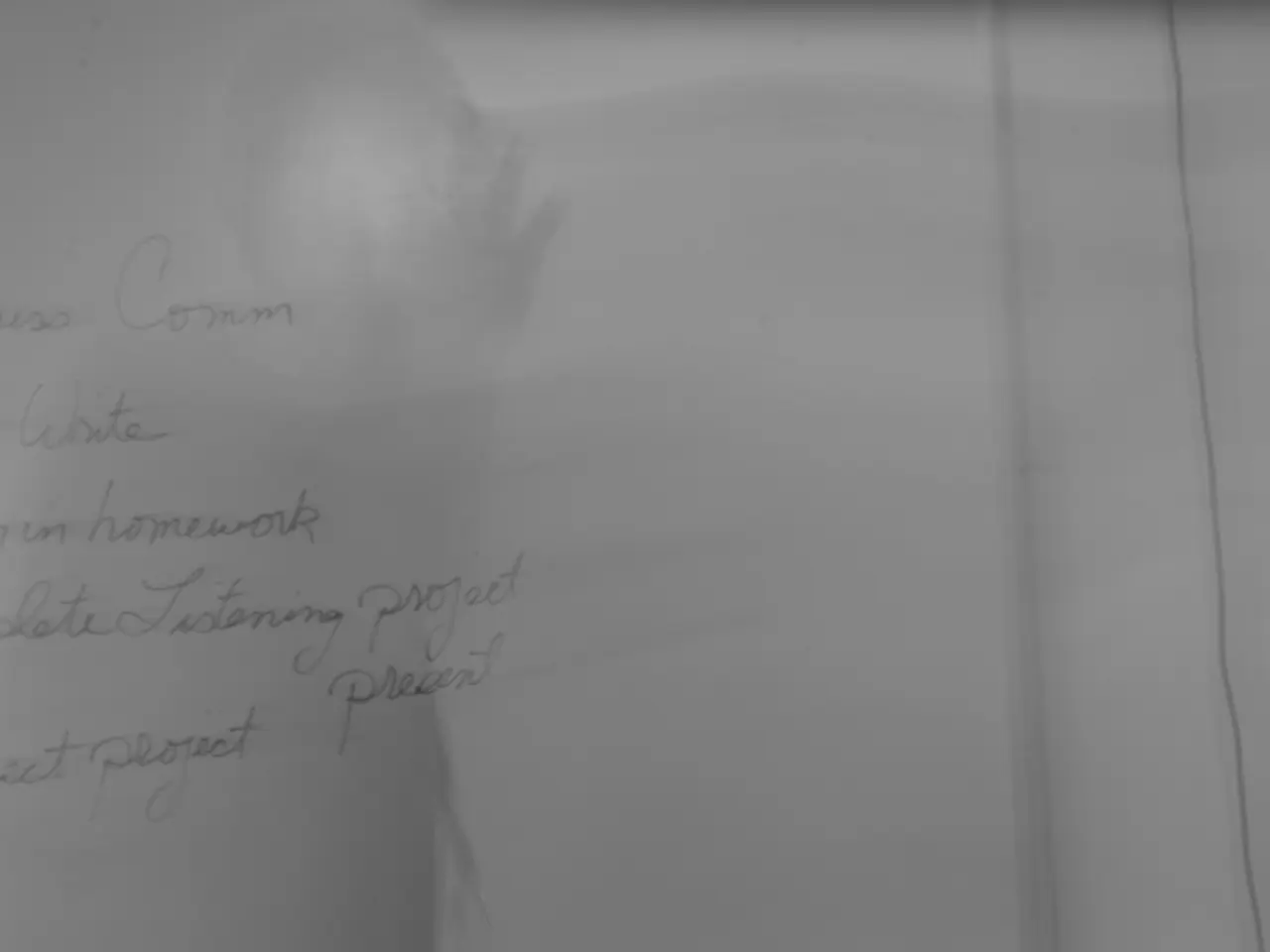Unrest in Berlin: Pro-Palestinian Protests, Arrests, Injuries, and Journalistic Restrictions
Protests lead to detentions and injuries during a rally in support of Palestine - Pro-Palestinian protest leads to arrests and injuries
During a "Solidarity with Palestine Stop the Gaza Genocide No Weapons Shipments to Israel" demonstration in Berlin, chaotic scenes unfolded as three police officers were injured and 14 protesters were arrested. According to the Berlin Police, these arrests came after repeated interference with journalists and the utterance of illegal slogans.
The event, which started at Tempelhof and moved towards Kreuzberg, attracted about 400 participants. However, their peaceful rally was disrupted by police intervention, as they found it difficult to document the proceedings. Repeated attempts to hinder journalists' work and multiple instances of illegal chants did not go unnoticed by the authorities.
Things escalated during the apprehension of several protesters, as the crowd resisted, prompting the police to use force. Clashes between officers and demonstrators resulted in injuries to the police personnel and, likely, some protesters too.
Recent episodes of pro-Palestinian protests in Berlin have raised eyebrows among freedom of expression advocates. For instance, Jewish activist Iris Hefets was arrested for displaying a protest sign featuring the Star of David and a controversial symbol linked to Hamas during a rally organized by the Left Party[1][4].
Additionally, authorities have been cracking down on pro-Palestinian demonstrations, breaking up events where protesters chanted in Arabic or played Arabic music. This restriction on cultural expressions and language usage stems from measures enacted as early as February 2025[2][5].
The European Human Rights Commissioner, Michael O'Flaherty, has voiced grave concerns over Germany's handling of these protests. He pointed out alleged infringements on freedom of speech and peaceful assembly, citing instances of marches being limited to stationary gatherings and protesters facing intrusive surveillance and arbitrary police checks[5].
There have been reports of disproportionate police violence, even against minors, during these rallies, causing injuries[5]. While specific details on journalistic arrests aren't explicitly provided, the overall restrictions, police interventions, and mass surveillance suggest a challenging environment for media coverage of these events[5].
In essence, the road to freedom of expression and peaceful assembly in Berlin's pro-Palestinian protests has been tumultuous, with arrests targeting protesters with symbolic signs, dispersals of gatherings focusing on cultural expressions, reported injuries due to excessive police force, and issues surrounding press freedom[1][2][4][5].
[1] Berlin police arrest Jewish activist for pro-Palestinian protests in Germany[2] German authorities enforce restrictions on the use of Arabic language and cultural symbols at protests[4] Pro-Palestinian activists rally in Berlin after Israeli airstrikes on Gaza strip[5] European Human Rights Commissioner raises concerns about police actions and freedom of speech in Germany during pro-Palestinian protests
- The Commission has also taken a number of steps to ensure that the Community's financial resources are used for addressing matters of politics, general news, and crime-and-justice, such as the recent unrest in Berlin and allegations of infringements on freedom of speech and peaceful assembly, particularly during pro-Palestinian protests.
- As the events in Berlin unfold, it is crucial for the Commission to scrutinize the use of force by the police, arrests of journalists, and restrictions on freedom of expression to ensure that the Community's financial resources are not being used to perpetuate violence and suppress democratic rights, including the right to assemble and express opinions in politics, general news, and crime-and-justice contexts.







